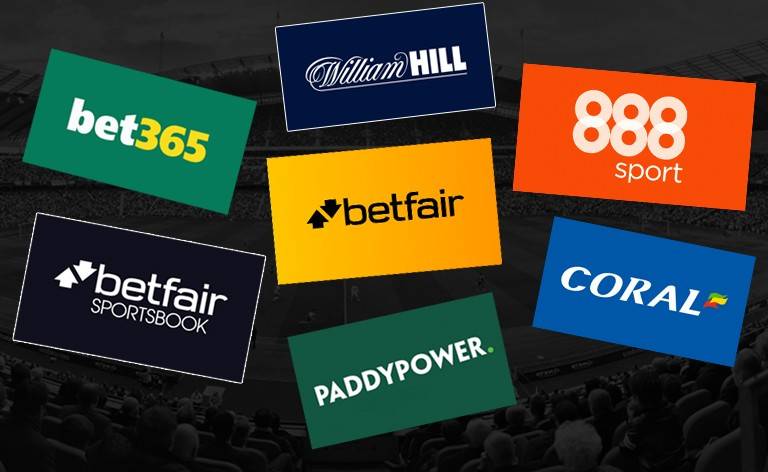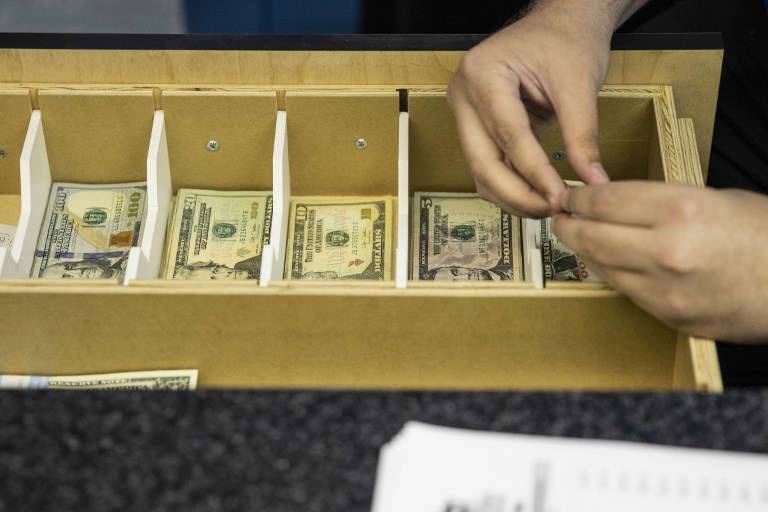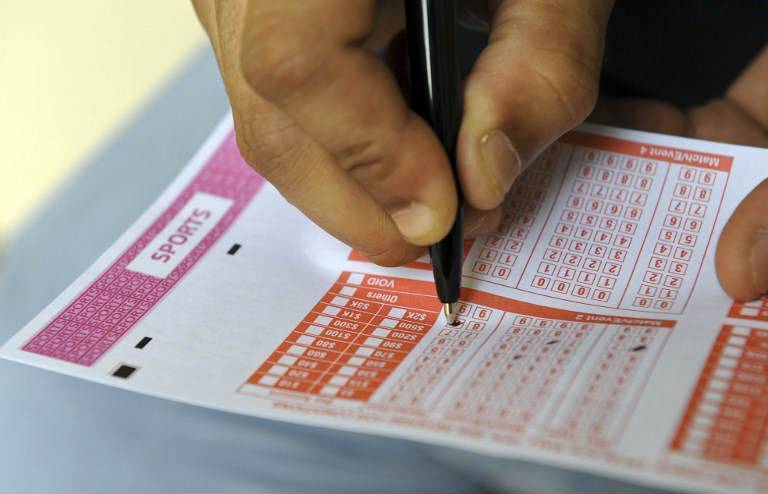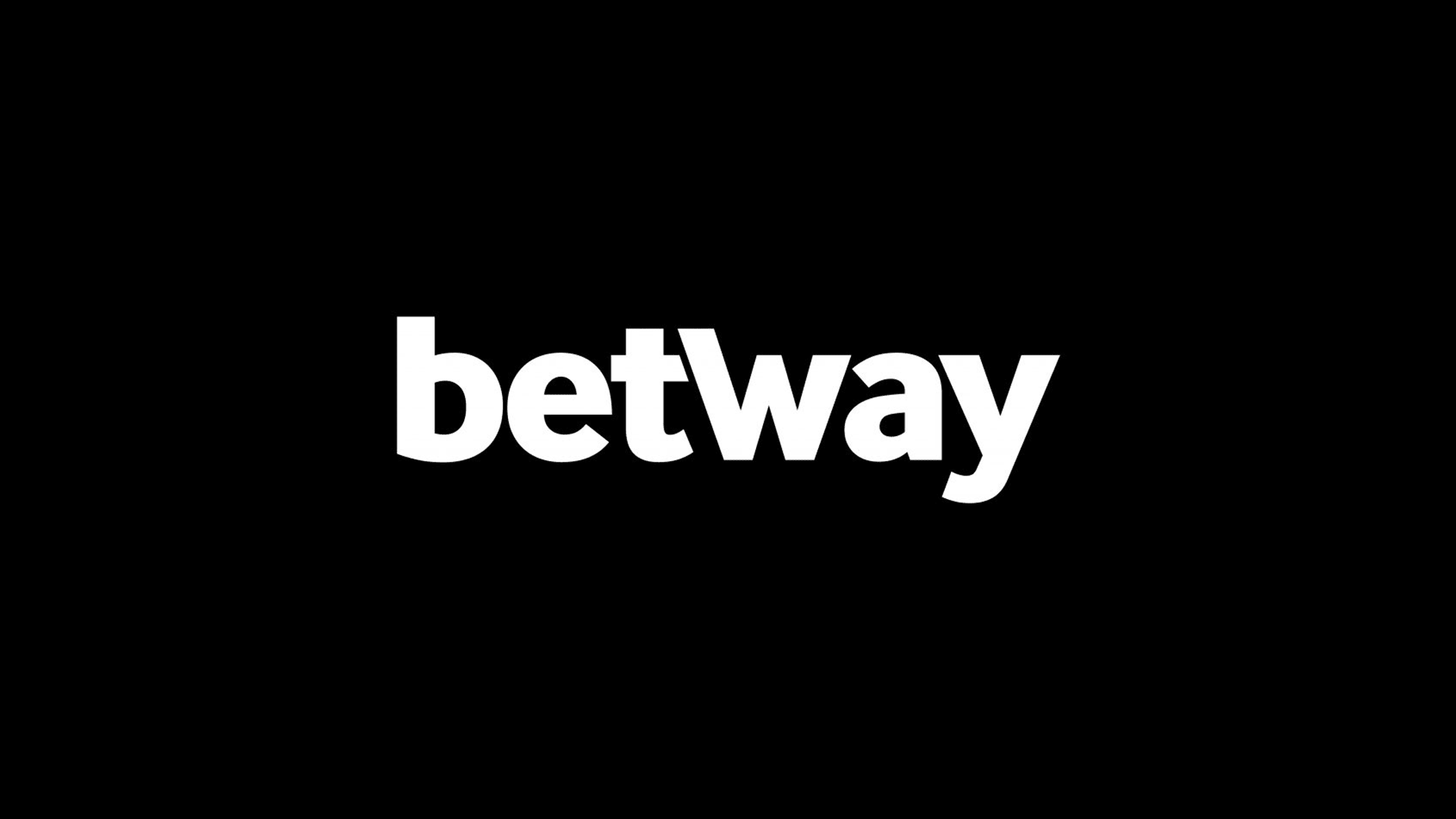how does a bookie make money

The bookmaking business works in an almost identical fashion to an insurance company. It’s a case of taking in revenue from the sale of policies and paying out claims when someone has an accident or incident.
The key to the betting industry is risk assessment. Calculating the potential costs of claims and offsetting that from the sales of policies and leaving an overall profit.
The bookies also calculate the probability of something happening (the ‘odds’), then take bets on a sporting event and plan to pay out winnings that is less than their turnover.
How Does A Bookmaker Decide On Their Odds?
If you toss a coin there’s a 50/50 chance (even-money) it lands as a head or a tail. Likewise, if you place ten balls (numbered 1-10) balls into a sack there is also an even-money chance one drawn at random will be an odd number or an even number.
Deciding on the odds on such things is obviously very straightforward but bookies take most of their bets on sports and racing and when six horses enter the starting stalls, rarely do they all have an equal chance of winning.
To decide the probability of each horse winning bookmakers employ ‘odds compilers’ who study all the form and give each horse a price based on their beliefs about their chances of winning.
How Do Bookmakers Put A Profit Margin Into The Odds?
Once the odds on each runner has been decided the bookies remove a small percentage from the correct odds/price in order to give them an ‘edge’ or profit margin.

How to calculate a betting percentage
The easiest way to calculate a betting percentage is to determine how much you need to put on a selection in order to return £100.
In the case of heads-or-tails at even-money:
- £50 on Heads at even-money – WINS (bookie pays out £50 in losses)
- £50 on Tails at even-money – LOSES (bookie makes £50 profit)
Therefore this is a perfect 100% market with both outcomes having a 50% chance, and a total turnover of £100 – but zero bookmaker profits.
How Do The Bookies Profit
However, the bookies work on percentages and profit margins and so they will not give you even-money (2.00) about a head or a tail, they will probably offer odds of 5/6 (1.83).
In this case of heads-or-tales at 5/6, you will need to place a £54.54 wager to return £100.
- £54.54 on Heads at 5/6 – WINS (bookie pays out £50 in losses)
- £54.54 on Tails at 5/6 – LOSES (bookie wins £54.54 profit)
Therefore this is a 109% market with total turnover of £109.08 – ideally giving the bookmaker £4.54 in profits thanks to this slim margin.

A Football Match Example
More possible outcomes in an event invariably leads to bigger bookmaker profit margins. For example odds compilers may price up a football match as follows:
- 6/4 Home win – £40 bet returns £100
- 6/4 Away win – £40 bet returns £100
- 2/1 A Draw – £33.33 bet returns £100
Therefore this market is 113.33% meaning, in an ideal world, if a bookmaker takes £113.33 in bets they will pay back out £100 to punters in winnings. The remaining £13.33 is bookmaker profits.






